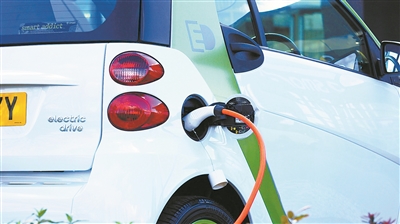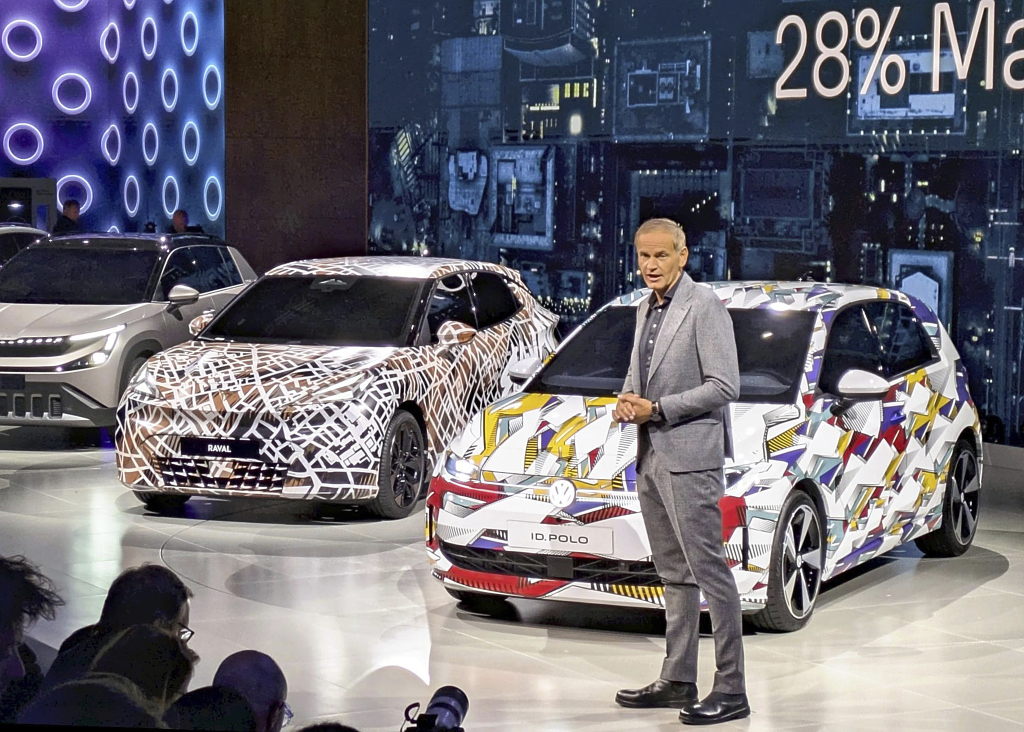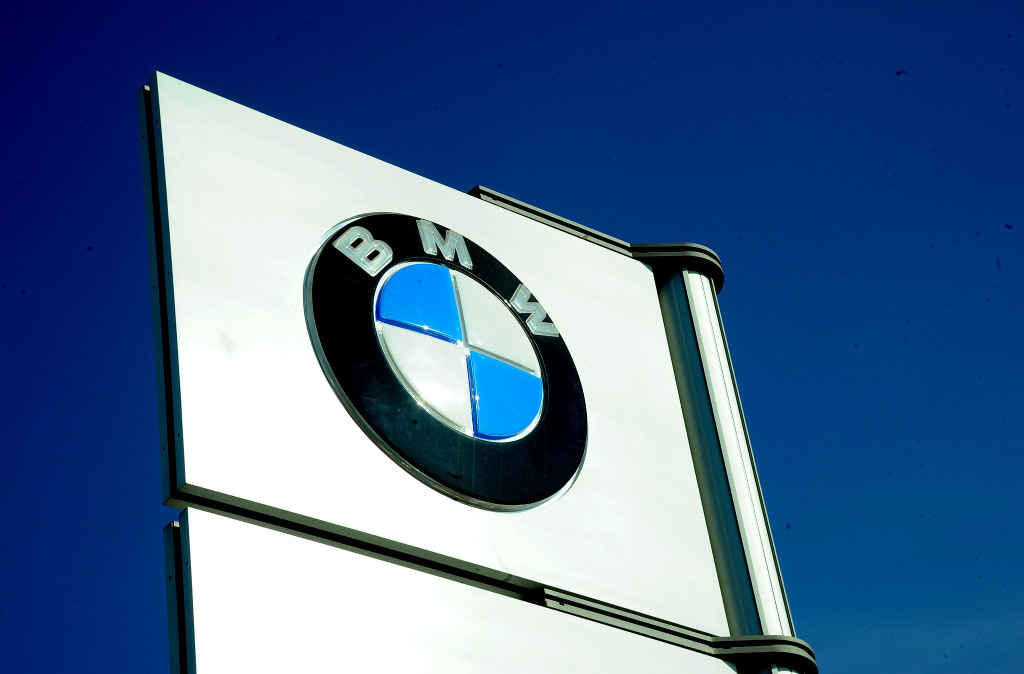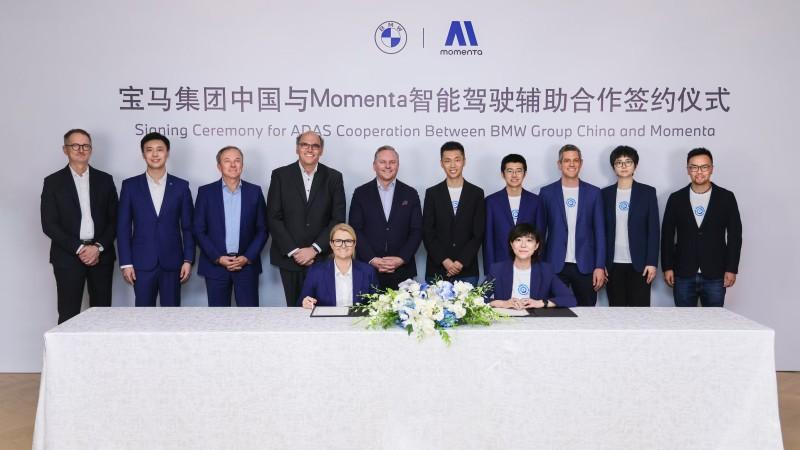

Several automakers are betting on all-solid-state batteries. Image source: Physicists Organization Network
All-solid-state batteries are considered to be the real power batteries for the next generation of electric vehicles. Compared with the currently widely used lithium batteries, they have faster charging, longer cruising range, and improved safety and lifespan.
In view of this, many automakers have bet on all-solid-state batteries. For example, Toyota will launch electric vehicles equipped with all-solid-state batteries in 2027; BMW has promised to launch an electric vehicle prototype equipped with all-solid-state batteries by 2025.
However, some experts believe that the current "worth" of all-solid-state batteries is higher than that of lithium batteries. If electric vehicles equipped with all-solid-state batteries want to "fly into the homes of ordinary people", the key is to develop new materials and corresponding mass production processes.
Solid-state batteries have many advantages
Different from the liquid lithium battery currently used as the mainstream power battery of electric vehicles, the solid electrolyte used in the all-solid-state battery includes ceramics, glass, sulfide or solid polymer.
Compared with traditional batteries, all-solid-state batteries have many "secret weapons".
First of all, all-solid-state batteries are smaller in size and lighter in weight. Secondly, all-solid-state batteries can provide 2.5 times higher energy density than traditional lithium-ion batteries, allowing devices to work for a long time without frequent charging.
In addition, the charging time of the all-solid-state battery is shorter, the charging speed is 4 to 6 times faster than the current battery, and the cruising range is longer-charging can drive the car for 1,200 kilometers in less than 10 minutes, and the cruising range is the same as that of existing electric vehicles. 2.4 times.
In addition, due to the use of solid electrolytes that do not contain any flammable components, all-solid-state batteries have no risk of fire at all, so they are safer and have a longer life. The all-solid-state battery also has excellent thermal stability, can withstand low or high temperatures, and has a strong ability to store electricity in low-temperature environments, making it unique in cold winter days or long-distance travel.
Battery developer Solid Power, backed by Ford and BMW, is working to replace traditional liquid electrolytes with sulfide-based solid electrolytes in its battery designs, which are less expensive than conventional lithium-ion designs, according to the website of American Autoweek. The goal is to deliver lighter batteries with higher energy density.
According to data from Japan's Fuji Economic Research Corporation, the market size of all-solid-state batteries will reach approximately US$26.4 billion in 2040.
Automakers start planning
Daniel Rittenwald, a professor at the Department of Materials Science and Engineering at the Norwegian University of Science and Technology, believes that all-solid-state batteries will become the power battery for future electric vehicles. Many car manufacturers with a keen sense of smell have already begun to lay out all-solid-state batteries.
At the beginning of this year, the Italian extreme company launched the first mass-produced car equipped with solid-state batteries, which will challenge the record of the New North Circuit in September this year.
Japan's Toyota Motor Corporation is in a leading position in the field of all-solid-state battery research and development, with more than 1,000 related patents. In the summer of 2020, the world's first car equipped with a solid-state battery developed by Toyota obtained a license plate and carried out on-road experiments. Toyota plans to use all-solid-state batteries in its hybrid vehicles around 2025.
Greer Pratt, chief scientist at Toyota Research Institute, said the solid-state batteries needed for hybrids are smaller, cheaper and could provide a better test bed for new technologies.
In addition, Nissan plans to put electric vehicles equipped with self-developed all-solid-state batteries on the market by 2028; BMW plans to release test vehicles equipped with all-solid-state batteries by 2025 and achieve mass production by 2030.
According to a report by thenextweb.com, a well-known American technology blog, Japan's Honda also plans to focus its research on all-solid-state batteries. The company plans to develop its own production line, which will be operational in the spring of 2024. The German Volkswagen brand plans to start mass production of all-solid-state batteries in 2024. Mercedes-Benz plans to integrate all-solid-state batteries into its passenger cars by 2025. General Motors of the United States is currently establishing the Wallace Battery Innovation Center in Michigan, which will focus on the research and development of lithium-ion batteries and solid-state batteries.
Cost reduction is key
All-solid-state batteries are not perfect, and the high cost is the main bottleneck of their commercialization.
Most of the solid-state electrolytes used in solid-state batteries need to be prepared using extremely expensive raw materials. Most solid electrolytes are extremely sensitive to moisture in the air, and maintaining low humidity after large-scale production will increase production costs.
"Nihon Keizai Shimbun" pointed out that the key to popularizing all-solid-state batteries is to develop new mass production processes. Estimates from the Japan Science and Technology Agency show that the production cost of sulfide solid-state batteries ranges from US$420 to US$2,450 per kilowatt, which is 4 to 25 times higher than that of lithium batteries currently in use.
The team of Professor Ma Cheng from the University of Science and Technology of China has made a breakthrough in the cost of raw materials, and they have discovered a new type of oxychloride solid electrolyte. The overall performance of the new solid electrolyte is equivalent to that of the most advanced sulfide and rare earth-based, indium-based chloride solid electrolytes, but its raw material cost price is only 7 US dollars per kilogram, which is much lower than that of sulfide and chloride solid electrolytes per kilogram The cost price is US$190, and it is also far below the threshold price suitable for commercialization of US$50 per kilogram.
The research results were published in the July issue of the journal Nature Communications. The journal reviewers said the discovery was "novel and original" and opened up new avenues for the commercial application of all-solid-state lithium batteries.
If these "congenital deficiencies" of all-solid-state batteries can be overcome one by one and finally put into commercial use, the pattern of the global electric vehicle market may be reshaped.
(Original title "Faster charging, longer mileage, higher safety, multi-national car companies bet on all-solid-state batteries")


